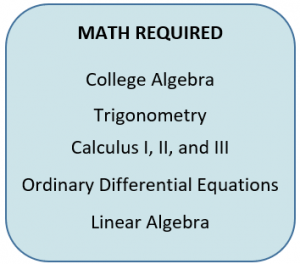Do astronauts use math? When do they use math? Is it important for them to know math? The answer to all these questions is yes, often, and absolutely!
An astronaut is a person who trains for spaceflight missions. There are three different types of astronauts in the U.S. space program: the commander/pilot, mission specialist, and payload specialist. The commander leads the crew and is responsible for mission success. The pilot, who is often times also the commander, deploys satellites and operates the spacecraft. The mission specialist works alongside the pilot and commander, performs spacewalks, and conducts experiments. And lastly, the payload specialist performs specialized duties depending on what is required for the mission.

Education
A typical astronaut has a bachelor’s degree in mathematics, physics, biology, or engineering. It is also required, generally, that an astronaut have three years of related experience – like experience in working for a spaceflight program.

When Math Is Used
Astronauts use math in order to make precise mathematical calculations, from how the spacecraft leaves Earth’s atmosphere to how the astronauts are to pilot the spacecraft. Space engineers use math to calculate distance, speed, velocity, and safety features required to a create a spacecraft that can handle a manned space mission.
For more on jobs that require math skills, please take a look at one of our past articles. Read more about this topic at monster.com, howstuffworks.com and weusemath.org.